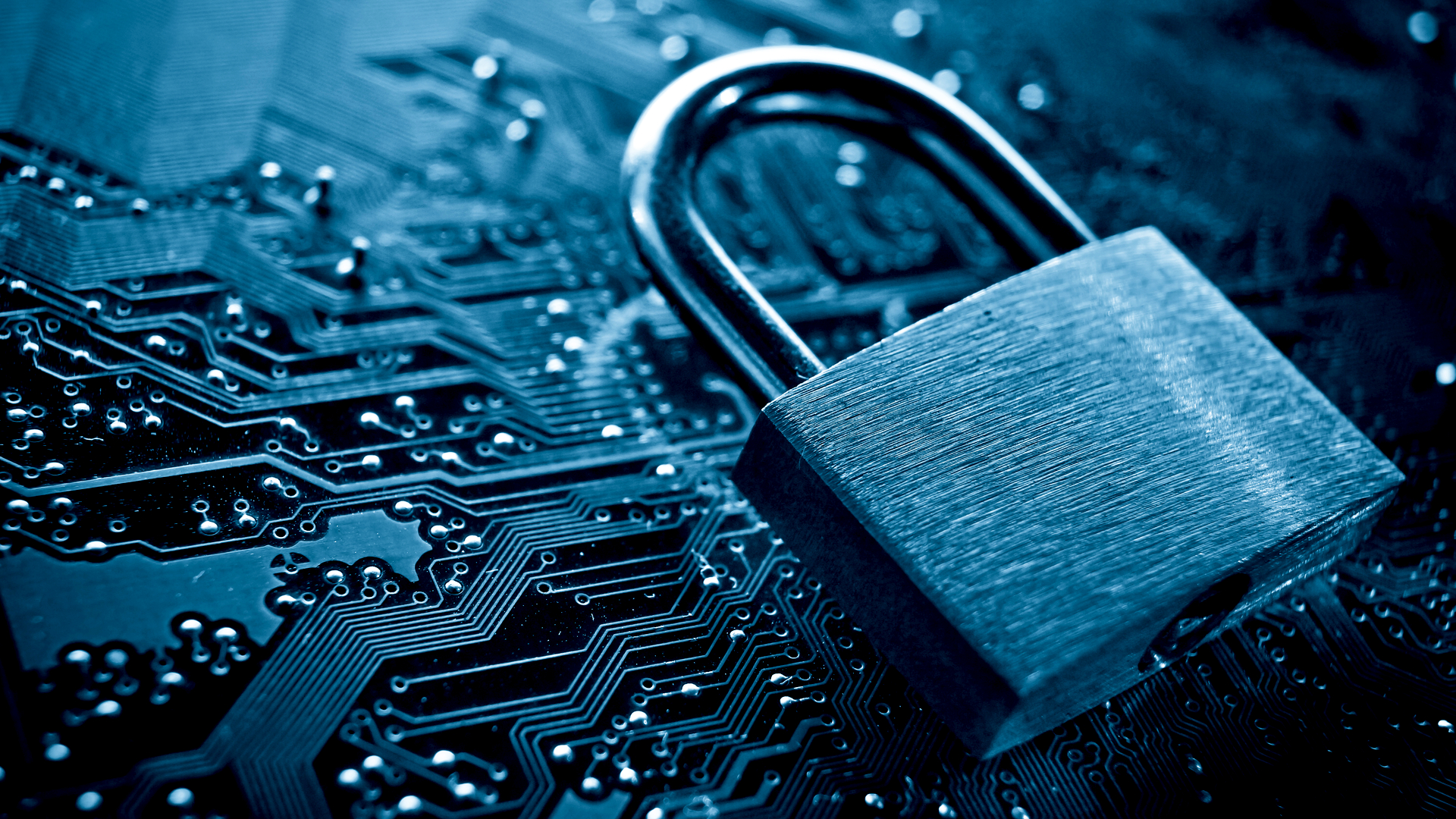Actionable Measures To Ensure Corporate Data Protection In The New Normal
As the world settles into the new normal, it is clear that the pandemic is here to stay, at least for the foreseeable future. Businesses that made a sudden switch to the remote model initially are now embracing it as a long-term arrangement. But the challenges related to this model remain the same, with data security being the biggest among them all. After all, no organization would want to compromise its confidential data.
Unfortunately, it continues to be at
risk as employees access it from their homes and expose it to hackers and
attackers. As big as the stress may be, it can be resolved with the right data
protection measures. Let us list the ones you can put in place to ensure that
your company’s confidential information remains safe, even in the new normal.
Have a
simple, yet stringent remote working policy
A significant part of your workforce
is likely to operate from home for an extended period. So it becomes vital to
reassess and realign your remote working policy,
considering the unique situation, needs, and challenges of your company.
Essentially, it should list facts such as what the employees can and cannot do
from WFH settings, including the software they can use on their business
devices.
Further, it should list the steps
they need to keep the confidential corporate information secure, reporting
procedure for the lost or stolen devices, and the norms to follow when
employees leave the company. The policy should also cover the level of
visibility and control the employer may have over remote devices. Apart from
having a clear policy, it is also important to communicate it to the employees
and enforce it stringently.
Prioritize
security
Every business needs to prioritize
security when it comes to corporate data, whether your team works from the
office or remotely. The need only gets bigger as employees work from home
because it multiplies the number of user interfaces, networks, and applications
through which your confidential data is accessed. The vulnerabilities increase
across these points, so you need to be extra vigilant about the security risks.
Thankfully, your IT team can cover
the business with the implementation of a mobile device management solution.
Here is a useful mobile
device management guide that you can follow to take the
initiative in the right direction. MDM empowers the organization to remotely
manage and monitor the corporate and personal devices accessing the company’s
IT ecosystem. It even lets you implement location tracking and remote wiping
for tight control over devices.
Pay
attention to remote devices
As employees work from home,
businesses may provide them corporate devices or let them use personal devices
for work. The risk gets a tad higher if you allow them to use their own laptops
and mobile phones because they will use them for social purposes in addition to
work. As they access sites and upload or download content, users could end up
infecting their devices with viruses or malware unintentionally.
It elevates the risk of these
malicious programs making a backdoor entry into the company’s systems. You can
cut down the risk by providing business devices to the users for remote work.
But this may not be feasible for all, particularly if you run a small business
that has limited hardware resources. In that case, you can rely on sandboxing
to create a separate and secure section on the devices for exclusive usage for
company matters.
Invest in
continuous employee training
With an extended WFH arrangement, it
becomes all the more important for businesses to invest in continuous training
for the employees. People will be on their own as they operate from home, so
they need to be aware of the threats and risks and also trained to
handle them effectively. A holistic training program does not remain a choice
for your company, and it should include a complete chapter on data security.
Ensure that employee education
includes every aspect, from the use of secure Wi-Fi networks to precautions for
steering clear of malware infections, norms to be followed while downloading
data and accessing company applications, and more. Training shouldn’t be a
one-time effort, but you should hold regular sessions at the workplace to keep
the team connected and committed to security even as they work from home.
Working on your culture for the new
normal is equally important because things are no longer the same. A work
culture that prioritizes data security, whether working from the office or
home, will encourage your team to go the extra mile.









No comments
Note: Only a member of this blog may post a comment.